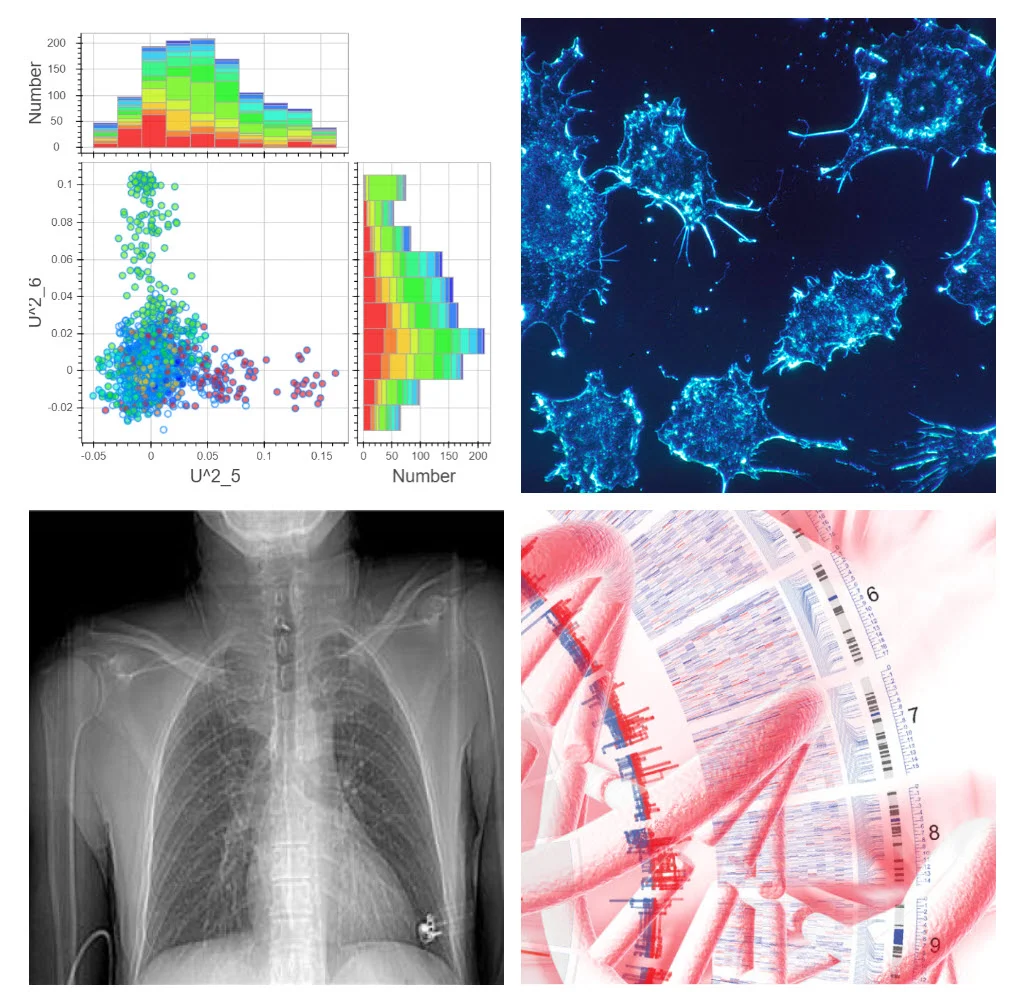
2019 TEAMS
Team 10: novel clinical prediction approaches to managing care for acute Pulmonary Embolism patients
Derive an optimally accurate prediction rule for 48-hour severe adverse events in acute pulmonary embolism patients.
Acute pulmonary embolism (PE) - blood clots in the lung arterial system - is common and can result in high morbidity and mortality. Initial risk stratification is critical to identify patients with a poor prognosis who might benefit from advanced therapy or ICU care. Treatment is clear for patients with shock, but less clear for all other PE patients. One approach is the Bova score but it has had minimal replication and use. Other scores such as the PESI were derived to predict 30d outcomes. What is missing and what is a pain point for emergency, ICU, and hospitalist physicians at the time of diagnosis is the question of short term – 24-48 hour severe adverse outcomes. No existing prediction rule addresses this. The aim of this work is to derive an optimally accurate prediction rule for 48-hour severe adverse events in acute PE patients. Subsequent work could validate this prediction rule in a separate retrospective dataset. Final stage work would prospectively validate this in a management strategy aimed at delivering the right level of care to the right severity of patient, to maximize efficiency and quality of care.
Team Leads: D. Mark Courtney, MD, MSCI and Samuel McDonald, MD, Emergency Medicine, www.utsouthwestern.edu/education/medical-school/departments/emergency/


